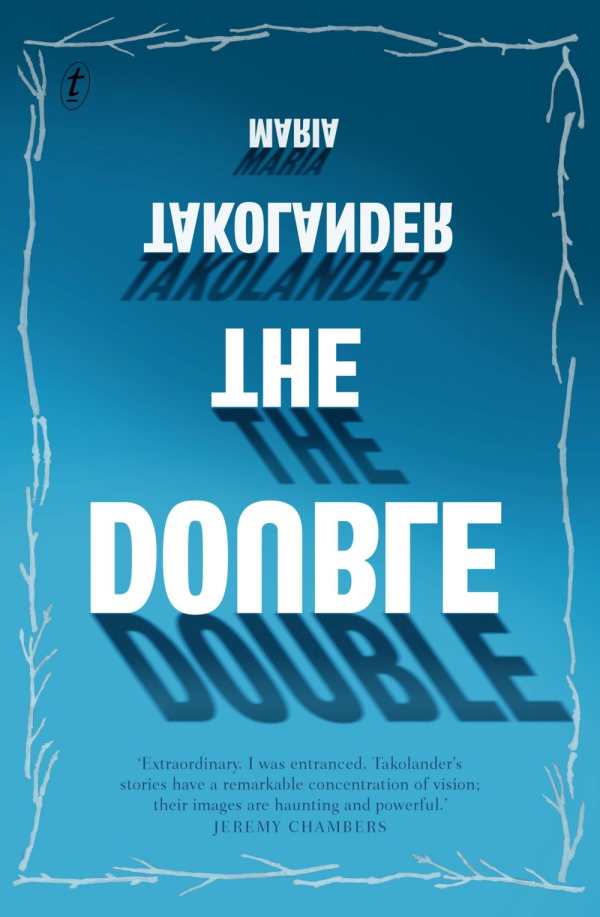
The Double
And Other Stories
Takolander’s talent for narrating intimate tragedies across age, gender, and time reveals her as a master of the quiet and deeply personal storm.
As a first book of short fiction, The Double is surprisingly eerie, restrained, and risky. Whether from the perspective of a single mother of the future, a modern-day child of an alcoholic refugee from Estonia, or an isolated and troubled teenage boy in the mid-1980s, Maria Takolander’s writing is rich with detail and the authentic voice of true memoir.
Takolander calmly walks through the minds of the proud, the depraved, and the lost, sometimes with an intentional objectivity. Like the device of using blank facial expressions, which can be so captivating in paintings and cinematography, she forces her audience to seek out and project emotions of their own onto her characters, coaxing and connecting with the unexpected.
Other stories are saturated with very explicit and carefully choreographed emotional chaos. The Interpretation of Dreams follows a young boy through layers of dependency, shame, and sexuality. A boy who fails to reveal evidence of his mother’s eating disorder to his father, who idolizes and craves the attention of his popular male teacher, and who ultimately feels “buried alive” by nightmares of the attention he is paid by a new girl at school, could easily overwhelm the fewer than fifty pages. And yet, the momentum is never out of balance.
Takolander takes brief forays into the dystopian future as well, writing of a single mother preparing her young son to be called up for an interplanetary war. In an ominous moment she observes him “still watching the cartoon, his eyes wide. The action was set on a fictional planet, and the screen was pulsing with the bruised colours of an apocalyptic evening.”
The final four stories, grouped apart from the rest, are all linked by their common subject, a pamphlet entitled The Roankin Philosophy of Poetry. These stories, while still dark and betraying Kafkaesque irony, soften the others, and clever glimmers of humor illustrate just how thin the veil between laughter and despair can be.
Takolander’s writing alone makes this a fascinating and worthwhile read. The elegant bend she gives to horrific, primal debasement is absolute genius.
Reviewed by
Sara Budzik
Disclosure: This article is not an endorsement, but a review. The publisher of this book provided free copies of the book to have their book reviewed by a professional reviewer. No fee was paid by the publisher for this review. Foreword Reviews only recommends books that we love. Foreword Magazine, Inc. is disclosing this in accordance with the Federal Trade Commission’s 16 CFR, Part 255.
